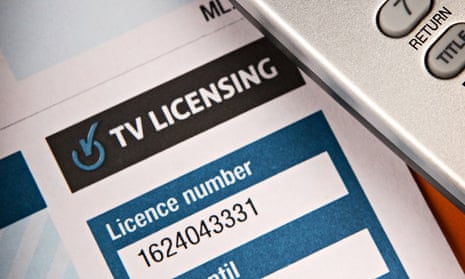The BBC has been ordered to investigate the system for sending out letters enforcing the TV licence fee, after a viewer who had paid the charge received “threatening” warnings.
Its management was told to look into how TV Licensing, the body responsible for collecting and enforcing the £145.50 annual fee, sends out the warnings after the BBC Trust upheld a complaint that a member of the public was wrongly threatened with referral to a debt collection agency.
The BBC Trust initially rejected the complaint after receiving assurances from TV Licensing that it had made “recent improvements” to the way it monitors a customers’ payment history, and that there had been “significant revisions” to the reminder letters.
However, following the initial decision the complainant received another letter, and a phone call from an agent, about a debt collection agency being brought in.
“It was not, in principle, acceptable for a fully licensed member of the public to be sent a letter warning of referral to a debt collection agency,” the BBC Trust’s complaints and appeals board said. “The BBC executive will be asked to investigate how its system may be changed to prevent such warning letters being sent to licensed members of the public.”
A spokeswoman for TV Licensing said that there were specific circumstances that resulted in the debt collection letter being sent in error.
“The initial complaint had already been addressed by a review of these letters, which were changed in 2014,” she said. “ The complainant later set up a new licence whilst their previous licence was still valid. When they missed their cash payments, letters advised they might be referred to debt collection. This would only happen in a tiny number of cases. We can confirm we will examine these letters.”
The BBC Trust also upheld a complaint from another member of the public who said they were unfairly treated when trying to prove they were legally exempt from paying the licence fee.
The complainant said TV Licensing had taken an inordinate amount of time to grant what is termed “no licence needed” status to the property.
“The panel agreed that both the misinformation and the length of time it took to correct were unacceptable,” the BBC Trust said.
The TV licence fee, and its collection, has become a hot topic with the BBC’s charter renewal negotiations set to start.
A record 25.4m households pay the annual fee – with agents catching an average of 900 evaders every day – but almost 500,000 households without a TV could avoid the charge.
